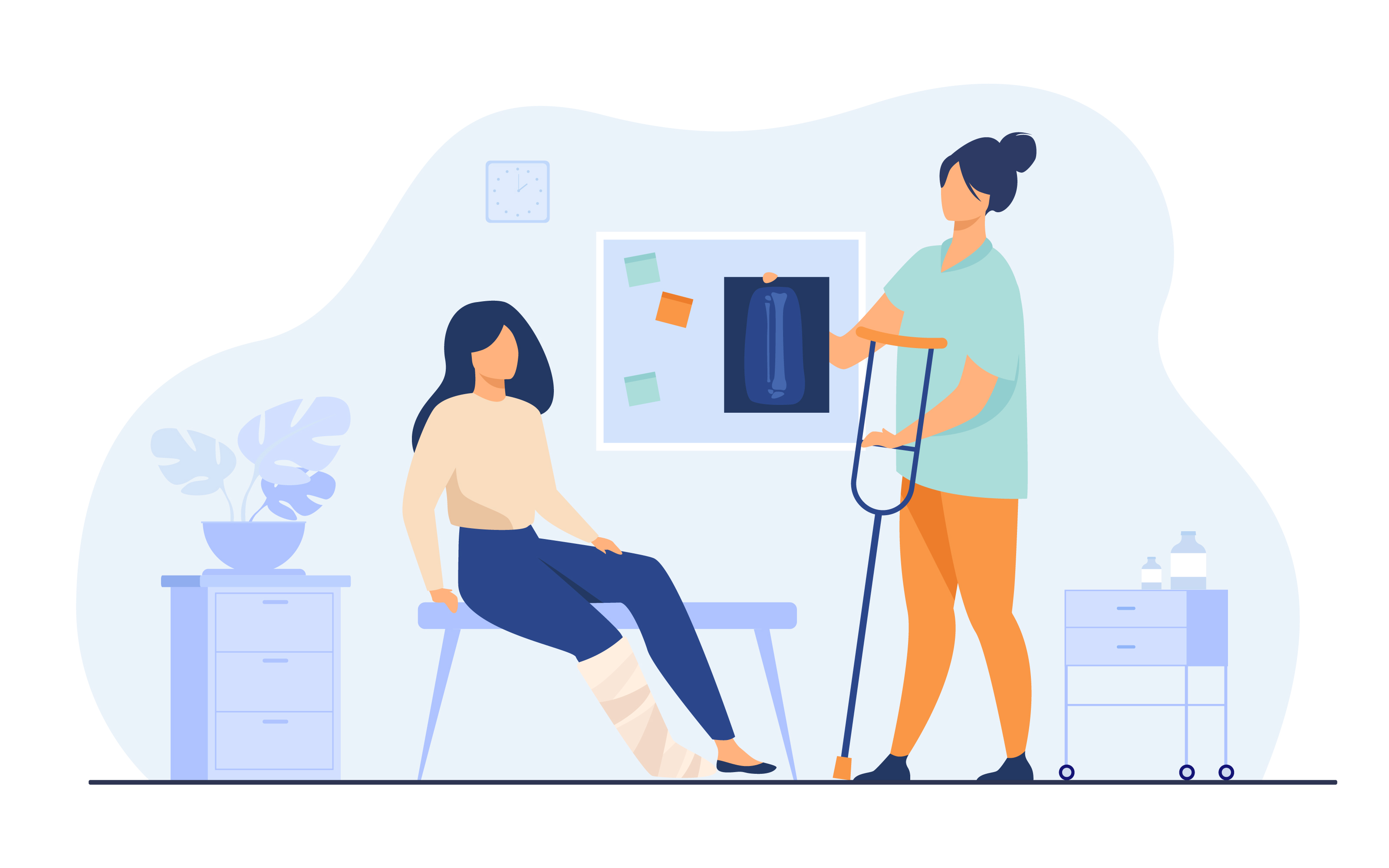
Physical Therapy Exercises for Paralysis Recovery
Introduction: Physical therapy exercises are essential for paralysis recovery, helping individuals regain strength, mobility, and function. However, hormonal imbalances can affect how effectively these exercises work. In this blog, we’ll explore physical therapy exercises for paralysis recovery and the role of hormonal imbalances.
Understanding Physical Therapy Exercises for Paralysis Recovery: Physical therapy plays a crucial role in paralysis recovery by targeting specific muscle groups, improving range of motion, and promoting neuromuscular re-education. These exercises are tailored to each individual’s needs and abilities.
Physical Therapy Exercises:
- Range of Motion Exercises:
- Range of motion exercises aim to increase flexibility and joint mobility in paralyzed or weakened limbs. Hormonal imbalances may impact muscle tone and joint stiffness, affecting the effectiveness of these exercises.
- Strengthening Exercises:
- Strengthening exercises focus on building muscle strength in affected areas, helping individuals regain functional abilities. Hormonal imbalances can influence muscle growth and response to resistance training, affecting the outcomes of strengthening exercises.
- Balance and Coordination Exercises:
- Balance and coordination exercises help individuals improve stability and proprioception, reducing the risk of falls and enhancing mobility. Hormonal imbalances may affect cognitive function and energy levels, impacting the ability to perform these exercises safely and effectively.
Understanding Imbalances: Hormonal imbalances can affect muscle strength, coordination, and cognitive function, which are essential for successful paralysis recovery through physical therapy exercises. Addressing these imbalances is crucial for optimizing rehabilitation outcomes.
Conclusion: Physical therapy exercises are an integral part of paralysis recovery, helping individuals regain function and independence. By understanding the influence of hormonal imbalances on exercise outcomes, healthcare providers can tailor rehabilitation programs to better meet the needs of individuals with paralysis.
To seek medical advice, always consult a Doctor. Here are our recommended experts. Click Here
To read more on Paralysis. Click Here


